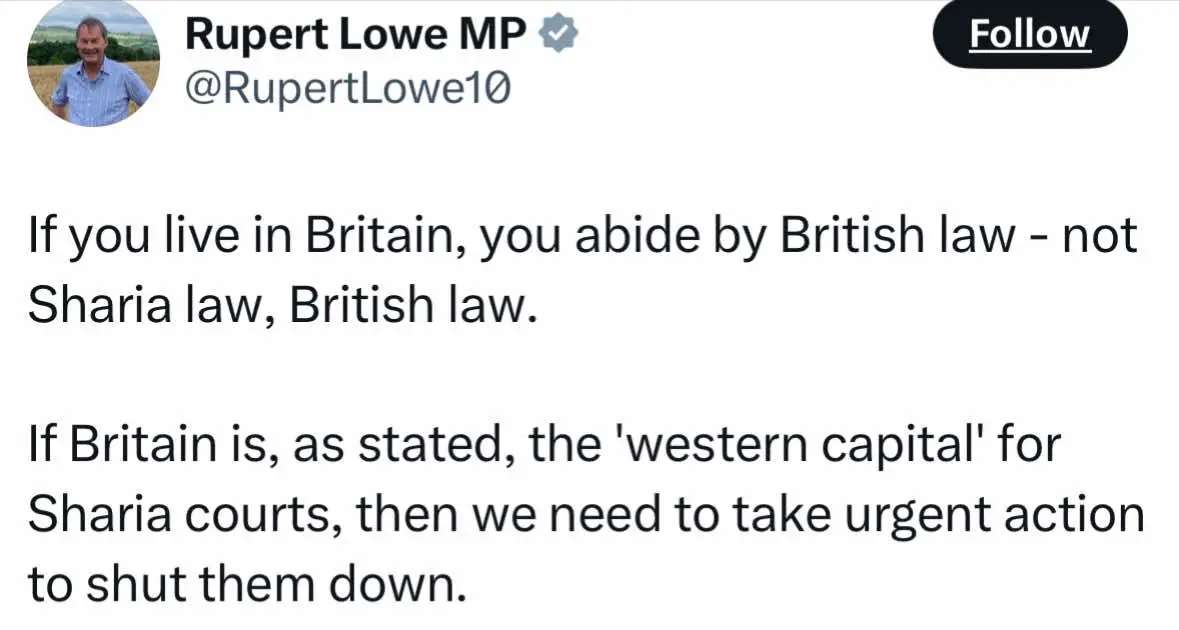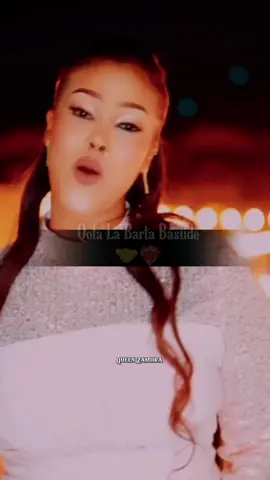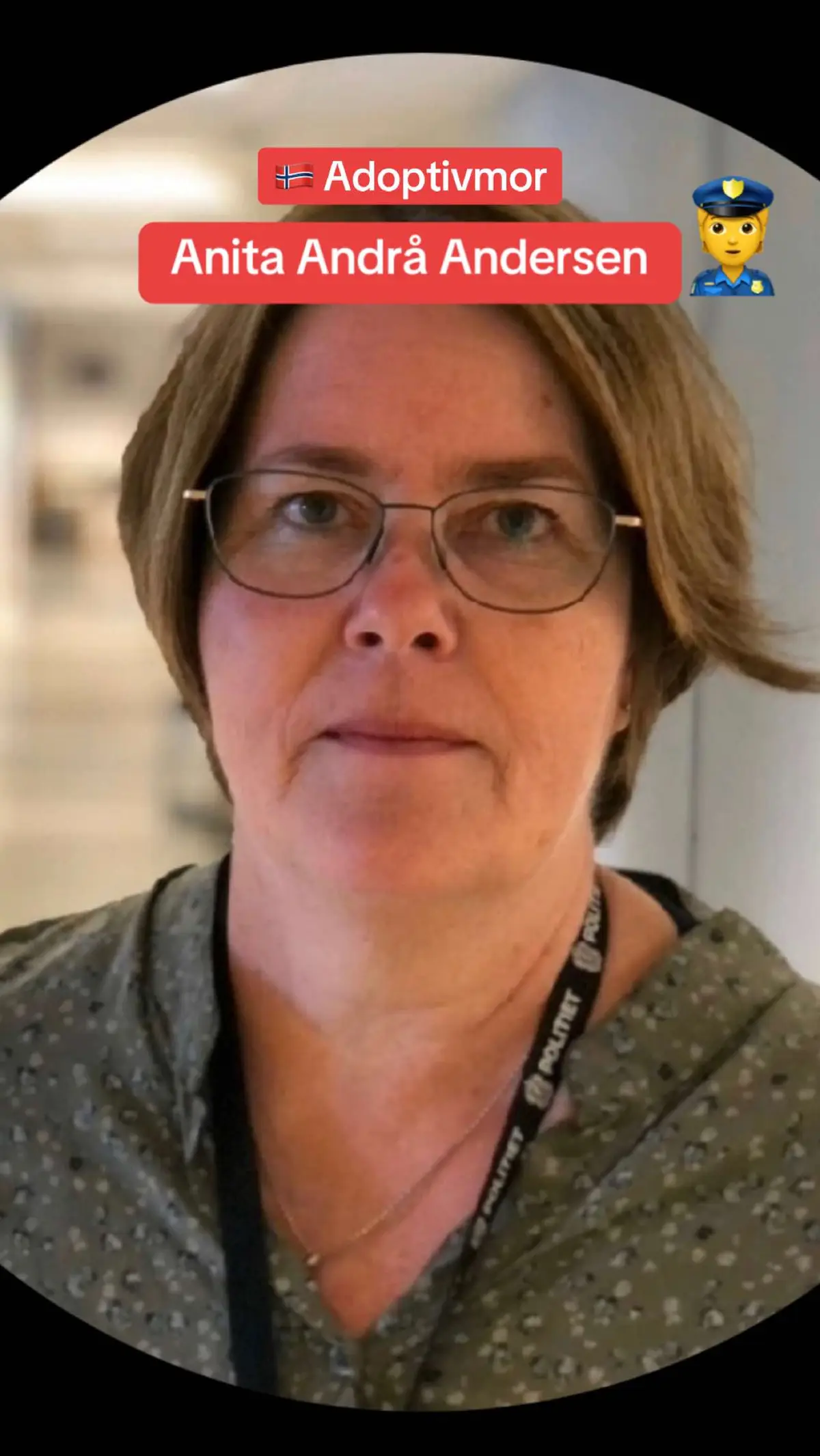Tripp
Region: US
Sunday 22 August 2021 23:14:23 GMT
92337
4293
42
116
Music
Download
Comments
ily. :
Yours was so much better
2021-08-23 00:12:40
47
ericK._.charlotte🇸🇻 :
underrated
2021-08-22 23:58:59
6
Mikey, the naked mole rat🐀🍄 :
Girl, I do not know why the hell he made this but yours is actually OK. It’s hilarious.
2024-12-02 04:13:59
1
🤑 :
69😏😏😏
2021-08-23 03:14:04
3
Faith :
So hot😩😩😩
2024-12-25 06:05:04
0
★melo-yellow★ :
2nd one is better😎
2024-11-18 13:36:39
0
marauding chickens :0 :
who tf would just announce 'boys' at someone getting arrested 😭
2024-01-13 14:41:45
0
ava & grace :
the crime: this video
2023-05-27 00:31:00
0
To see more videos from user @hf_tripp, please go to the Tikwm
homepage.





